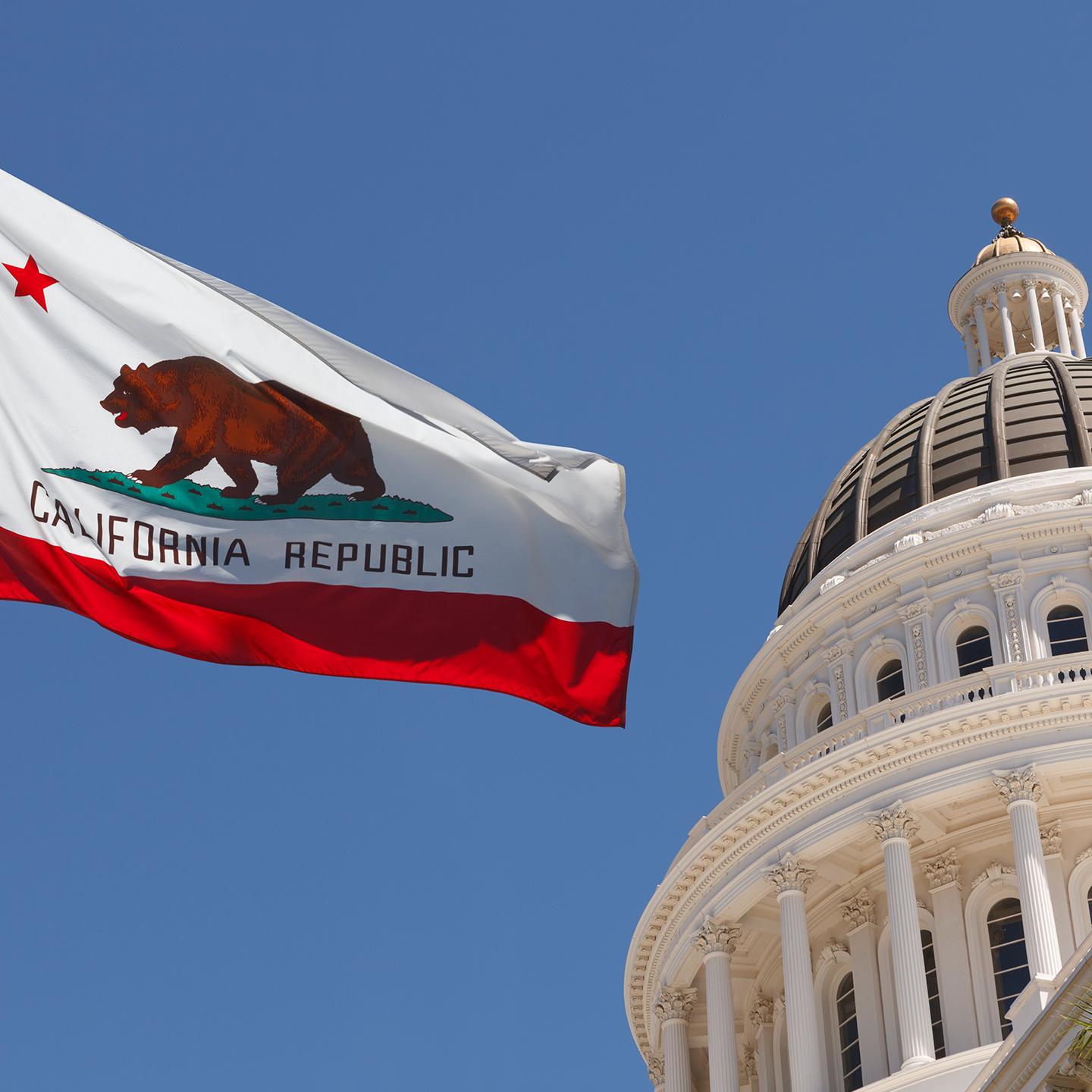Find us on campus

Hall of Letters

The Master of Public Policy and Administration (MPPA) is a comprehensive graduate program that combines the strategic thinking and policy insight of a Master of Public Policy (MPP) and the leadership and management training of a Master of Public Administration (MPA). By combining the core strengths of these traditional graduate programs, the MPPA prepares you to be a well-rounded professional ready to shape effective public policy and lead the teams and programs that put it into action.
With a curriculum developed by faculty with decades of practical experience, you'll gain essential skills in policy development, communication, data analysis, public sector management, and grant writing. You will graduate with the tools to understand complex public issues, develop meaningful solutions, and step confidently into leadership roles across government, nonprofit, and community-based organizations.
At Redlands, you'll join one of the few programs that truly integrates public policy and administration. Your courses will be taught by faculty who have served as policymakers, nonprofit leaders, government analysts, and public service professionals. This practitioner-driven approach brings the public policy field directly into the classroom, helping you build skills that apply directly to your career.
You'll explore how to analyze and interpret policy research through a non-partisan lens and communicate your findings through formats like policy memos, white papers, and briefs. You will also develop the tools to apply best practices in leadership, nonprofit management, and public budgeting. Whether you're just starting your career or looking to advance in the public or nonprofit sector, this hands-on, career-focused graduate experience prepares you to lead with purpose and take on the real challenges facing communities today.
Review below for the admissions requirements and tuition/fees info for this specific program. Additional information about how to apply for a graduate program can be found on the graduate admissions page.
| Credits | Cost Per Credit | Tuition Total |
| 56 | $882 | $49,392 |
$300 One-time New Student Fee
$86 Associated Student Fee per course
$100 Wellness Fee per year
Additional fees and charges may apply depending on program requirements.
Priority 1 Deadline: January 15
Priority 2 Deadline: June 1

Hall of Letters




Our Master of Public Policy and Administration (MPPA) merges the analytical rigor of an MPP with the leadership focus of an MPA—a rare combination that sets you apart from the start.
To accomplish social change, you need both analysis skills and the implementation of management skills. With an MPPA, you will be ready for any leadership role.
Our instructors aren’t just experienced—they’re leaders in their fields. Courses are taught by practitioners—not just professors—who’ve led real-world change in public and nonprofit sectors.
You’ll master strategic engagement, grant writing, program evaluation, and more.
Students have the opportunity to write policy briefs, grant writing, policy analysis and briefing, lobbying, and more. Take what you learn the first 3 months, then write deliverables in a portfolio demonstrating what you have done in the program.
With flexible online, hybrid, and in-person options, the program is accessible to students and professionals across the country. Grounded in the liberal arts tradition, the curriculum is designed for both existing government and nonprofit employees as well as recent college graduates who want to pursue careers in public service. To explore the full list of required courses, visit the current university catalog.
This course introduces you to the principles of governmental budgeting and budget management, examining state and local processes alongside the impact of federal budgets. These insights will equip you with the knowledge and skills to navigate the complexities of financial planning in the public sector.
In this course, you’ll gain the skills to develop and evaluate grant proposals while exploring the entire grant process, from identifying funding opportunities to assessing applications. By the end, you’ll be prepared to secure funding for government agencies or nonprofit organizations.
This course teaches you how to evaluate programs to assess their effectiveness and measure their impact. You’ll learn how to measure outcomes, analyze data, and determine if initiatives meet their intended goals, equipping you to make informed recommendations for future improvements.
This course connects you with public policy practitioners through monthly panels featuring experts from government agencies and nonprofit organizations. These sessions provide valuable networking opportunities and practical insights to help you prepare for a career in public service.



— Christian Curry ’23, MPPA
In-person, online live (synchronous), and HyFlex (in-person + online). The entire program may be completed either in-person or online.
Classes are held Thursday evenings from 5:30-8:30 p.m., Saturday mornings from 9:00 a.m. to noon, and on the first Monday of most months from 5:30-7:30 p.m.
1 cohort per year. Students move through the program as a cohort, take classes together, and form solid relationships with each other.
15 months / 8 week courses / 56 credits
56 credits / $882
Get in touch with our admissions team.